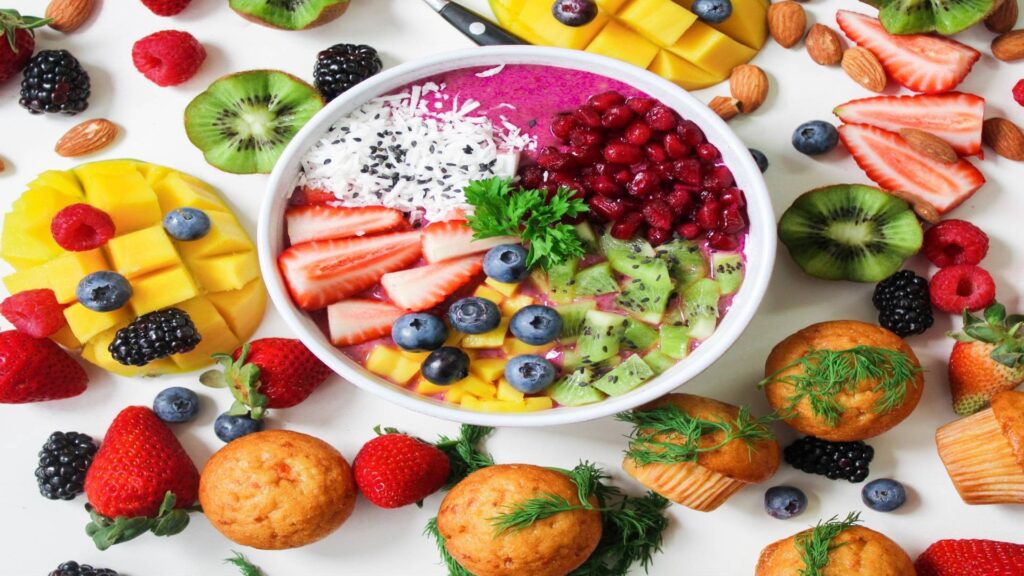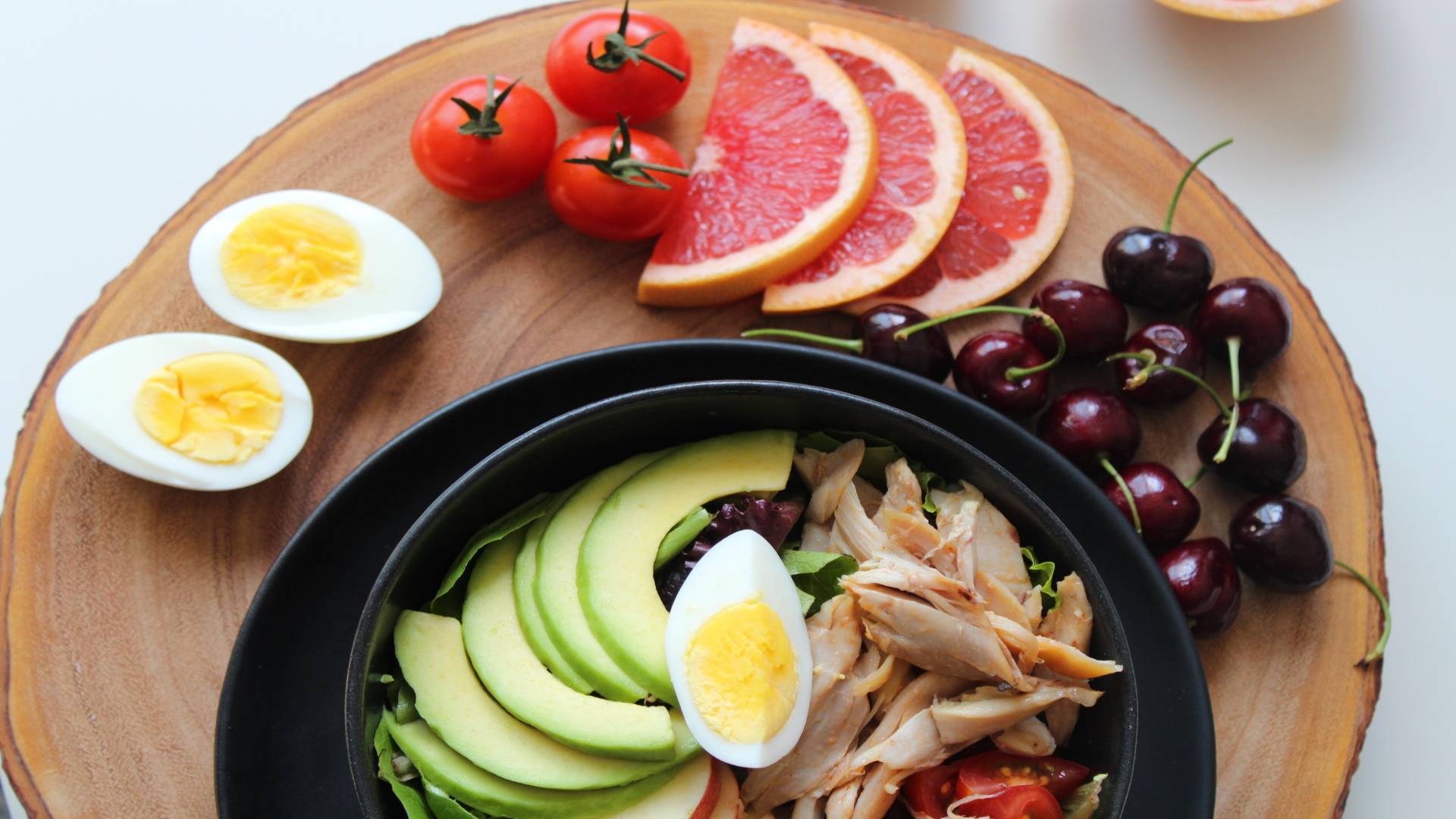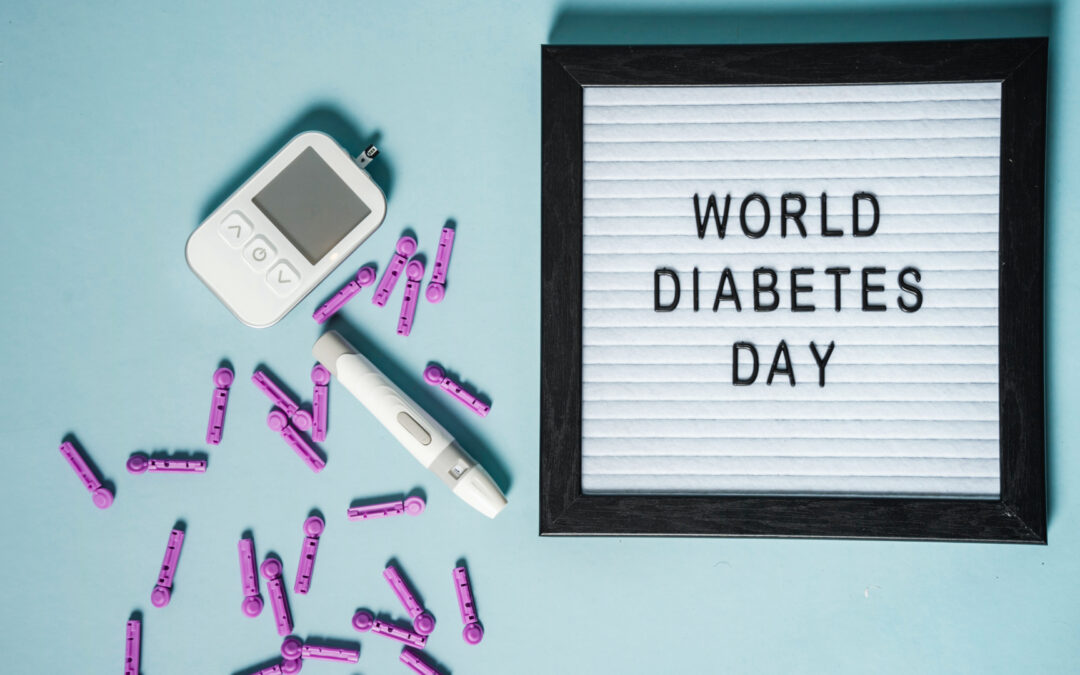If you’re feeling sad, it can be tempting to turn to food to take up your soul. However, the sugary, calorie-rich delicacies that many resorts to have their own negative consequences. Therefore, the question may arise as to whether healthy foods can improve mood. A healthy diet has been linked to better stress management, better sleep quality, increased focus, and overall better mental well-being. It is well known that unhealthy eating habits can cause mood swings. Fluctuations in blood sugar levels and nutritional imbalances are often to blame. Without a constant source of energy from the food we eat, our mind and body will not function properly.
Here are some ways to get both a cheerful day and mood thoroughly-
▪️ Having 3 meals a day should be a certain thing to do every day. A limited amount of protein can help us get energy alongside a good mood. The protein found in lean meat, fish, and eggs is the building block of many brain chemicals that can affect our mood. Fish, especially oily fish, along with nuts, seeds and legumes, is a good source of healthy fats and vitamins that support positive mental health and are known to protect against dementia and depression.
▪️ A healthy snack can be proven as a life changer. Fruits, vegetables or a mixed salad can be very helpful. Fruit and vegetables provide us with fibre for a healthy intestinal environment. Fibre is a favourite food for beneficial bacteria in our gut, which play many roles in maintaining our overall health. Fruits and vegetables also provide a wide range of vitamins, minerals and antioxidants to support brain health. We should aim for two servings of fruit and five servings of vegetables per day. When you’re out, always have a healthy snack with you so you don’t have to rely on fast food or snacks from vending machines.

▪️ Drinking at least 2 litres of water should be constant in everyday life. If exercises are on the daily routine then more water is needed. Consuming plenty of fluids, especially water, helps prevent dehydration which is a common cause of headaches and fatigue that can affect our ability to concentrate.
However, avoid quenching your thirst with high-sugar drinks such as soft drinks which can be harmful and proven to be a cause of heart disease and diabetes.
▪️ Control eating habits does not necessarily mean leaving dairy products out completely. A certain amount of dairy products can also be proven helpful for our mood. Dairy products like yoghurt contain live beneficial bacteria that can improve our gut, which impacts our mood and mental well-being.
Your everyday food habit can also cause you depression, anxiety and other medical issues. The number of studies examining the relationship between dietary habits and mental status has steadily increased over the past decade. Both cross-sectional and longitudinal studies have shown that the more westernized or highly processed one’s diet, the greater their risk of developing psychiatric symptoms such as depression and anxiety. In contrast, the more a person adopts a Mediterranean diet, the better protected they are from developing mental disorders. Regarding the direction of the causal relationship, several studies have shown that dietary pattern precedes the onset of psychiatric symptoms. The consequences of malnutrition also impact another global health threat: obesity.

Three things to focus on in your daily eating routine are-
Protein – Proteins are made up of essential amino acids. These specific proteins cannot be produced by the human body and must come from the diet. Proteins also block hormones. One of the hormones that affect mood swings is dopamine, which creates a feeling of joy and motivation. Another mood hormone is serotonin, which is responsible for mood regulation and overall happiness. Eggs, milk, cheese, fish, oats, nuts and seeds are good food sources for the amino acids that make up these hormones. If you eat enough of these foods, you can make yourself happier!
Carbohydrates – High-quality carbohydrates your blood sugar level is affected by both the amount and type of carbohydrates you consume. Once carbohydrates enter the body, they break down into simple sugars called glucose. It uses up most of the energy in the body and brain. Consuming foods high in simple carbohydrates can cause your blood glucose to rise and then fall rapidly. If this happens and your blood sugar is too low, a condition called hypoglycaemia can develop, which can affect brain function and lead to depression and anxiety. This can often be remedied by consuming a food that contains complex carbohydrates, such as whole-wheat pasta, kidney beans, oatmeal, green peas, brown rice, or a piece of fruit. This will rebalance your blood sugar and may improve your mood. Regular, balanced meals can help avoid these mood swings because it takes longer for them to break down into glucose. This means that glucose is constantly released into the bloodstream, avoiding rapid bounces and drops.
Fat – Fats also play an important role in your mood. Half of the brain’s weight comes from fats, and the main types of fats in brain cells are called polyunsaturated fatty acids. Omega-6 and omega-3 fatty acids are also their other names. Omega-3 fatty acids have a number of health benefits, such as B. reducing inflammation. Inflammation is linked to mood swings like depression, so consuming omega-3 fatty acids may be helpful. These fats are found in foods like salmon, tuna, flaxseed, chia seeds, walnuts, and avocados. Eating large amounts of fats like butter, lard, margarine, and oils used in fried foods can actually increase inflammation in some people.
Moreover, a healthy diet is always proven to be the best medicine you can have for a good and subtle mood throughout the day also it is considered to be the best source for energy to deal with the day regardless it is good or bad.






